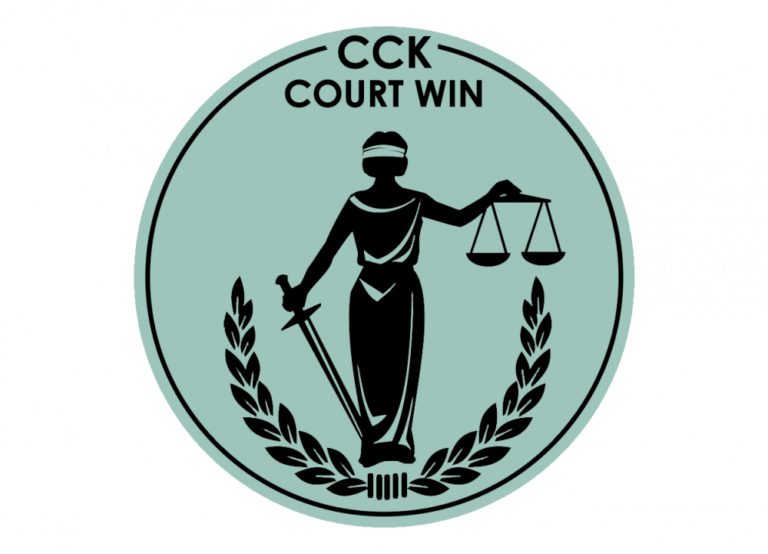BVA Overlooked Impaired Impulse Control in Denial of PTSD Claim

CCK Law: Our Vital Role in Veterans Law
Summary of the Case
The Veteran honorably served on active duty in the United States Army from 1968 to 1969. He earned the Purple Heart and the Bronze Star for his service in Vietnam. While in Vietnam he was wounded by a mortar blast. After service he experienced symptoms of depression, insomnia, anxiety, flashbacks, loss of temper, and hostility. Despite job training, his psychiatric symptoms interfered with his work. His wife also observed his outbursts of anger, including episodes of road rage. In addition, he would get up in the middle of the night to check the locks in his house.
VA awarded service connection for Post-Traumatic Stress Disorder (PTSD) in 2008 and assigned a 30% rating. The Veteran appealed that rating to the Board of Veterans’ Appeals, which awarded him a 50% rating, but no higher.
VA denies the Veteran a higher rating for PTSD based on lack of impaired impulse control
The Board acknowledged that the Veteran’s PTSD symptoms included those contemplated by a 70% rating. These symptoms included irritability and outbursts of anger. However, it denied a higher rating because the Veteran denied suffering from impaired impulse control. It also concluded that the issue of entitlement to TDIU was not raised as there was no evidence that the Veteran’s PTSD rendered him unemployable. With CCK’s help, the Veteran appealed the Board decision to the Court of Appeals for Veterans Claims.
CCK appeals to Court; CAVC agrees with CCK’s arguments
CCK argued, and the Court agreed, that the Board took divergent positions on the evidence in the Veteran’s record. Specifically, the Board denied the Veteran a higher rating based on the fact that he did not have impaired impulse control. However, they also conceded that the Veteran suffered from irritability and outbursts of anger. The Court found that this determination was in error as the rating criteria for PTSD lists unprovoked irritability as an example of impaired impulse control.
The Court also found that the Board erred in finding that the Veteran had not raised TDIU. It reminded the Board the Veteran does not need to prove entitlement to TDIU, and in fact, the Board is required to consider TDIU as part of any increased rating claim.
The Court vacated the Board’s decision and remanded the Veteran’s claim for further adjudication.
About the Author
Share this Post
